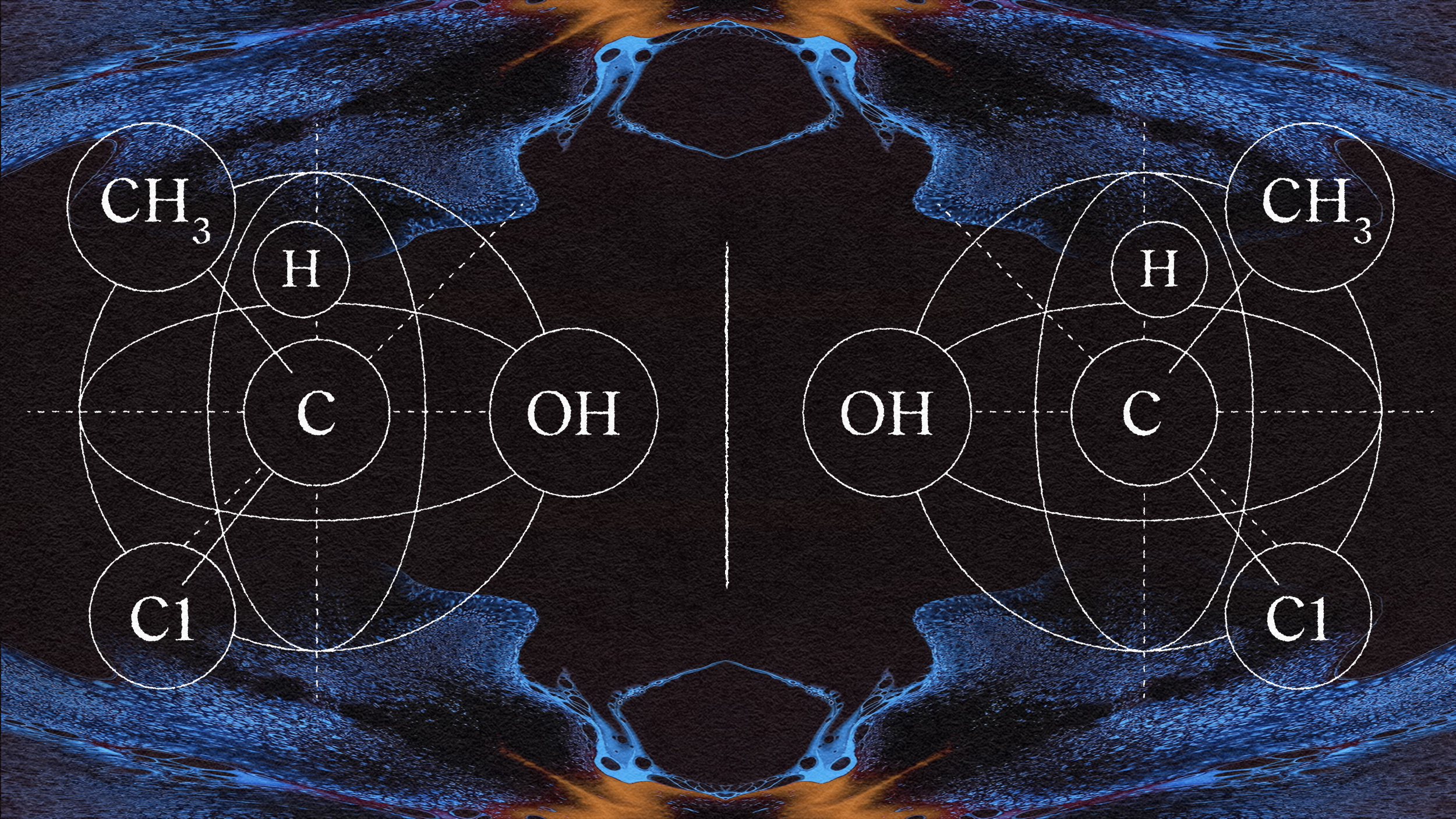Lack of Single Protein Causes Persistent Viral Infection

Article written by guest writer Rin Mitchell
What’s the Latest Development?
Researchers from the Scripps Research Institute have discovered a protein believed to aid in the passing of viral infections. Based on a study that examined mice affected with lymphocytic choriomeningitis virus (LCMV), the mice that lacked the TLR7 protein were unable to clear the infection—whereas the mice with the protein could clear the virus in two to three months. When an infection like HIV, Influenza, LCMV, Hepatitis enters the body, the first line of defense are Toll-Like Receptors (TLR). These receptors alert the immune system when something that doesn’t belong has arrived. The TLR7 is the most important protein in the line of defense to shield any viruses evading the immune system. According to the studies on mice, when the TLR7 receptor was absent the immune system became compromised. The immune memory cells could not clear the infection alone in the TLR7-deficient mice.
What’s the Big Idea?
Researcher’s studies on mice reveal that the protein TLR7 assists in the clearing of viral infections. Scientists used LCMV in mice that were missing the protein to better understand the function of TLR7. They were unable to pass infections, and basic immune fighting cells were not enough to do the job. This discovery will help scientists seek ways to treat persistent human infections.





